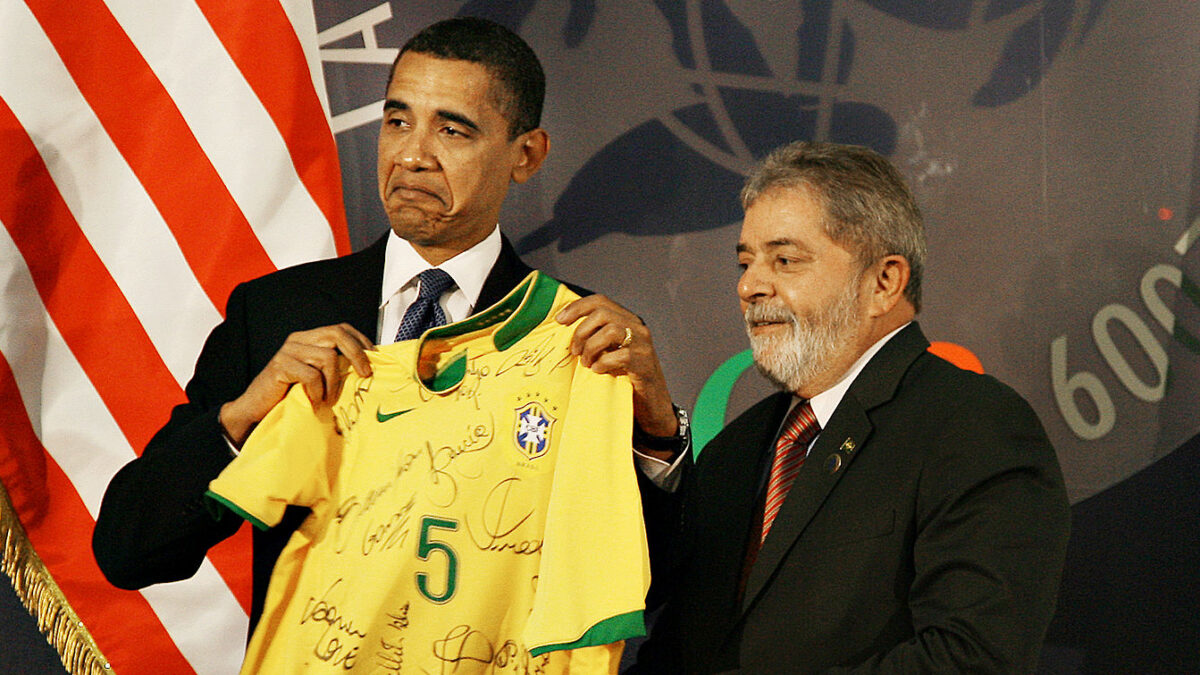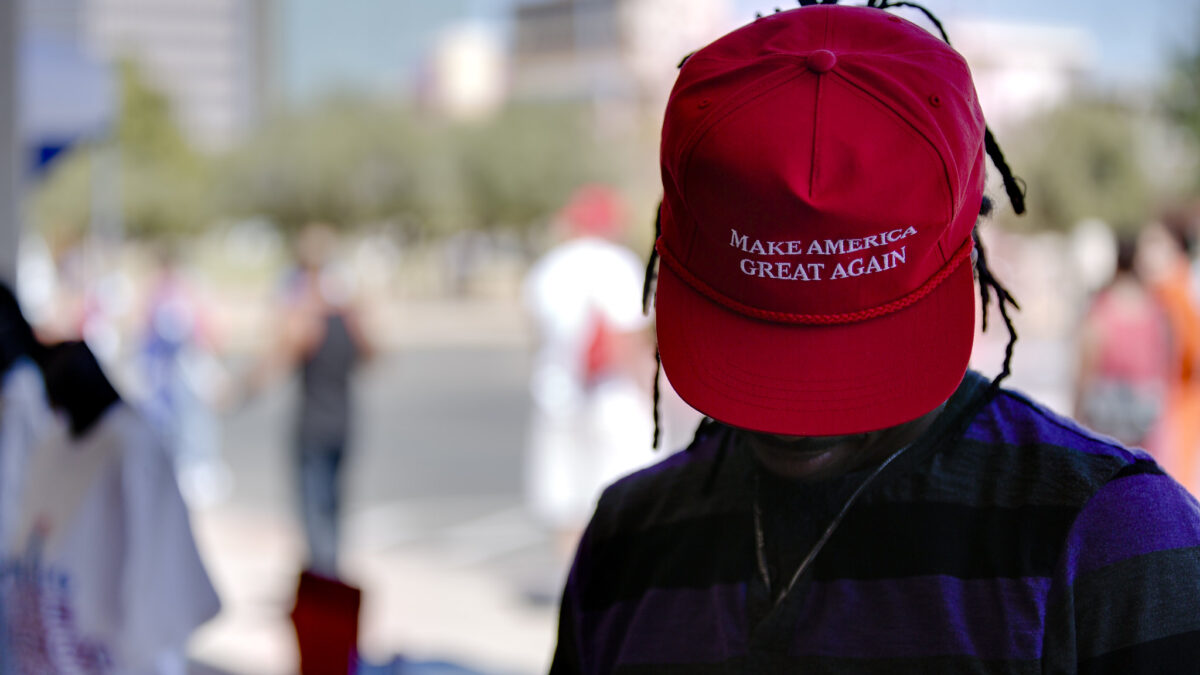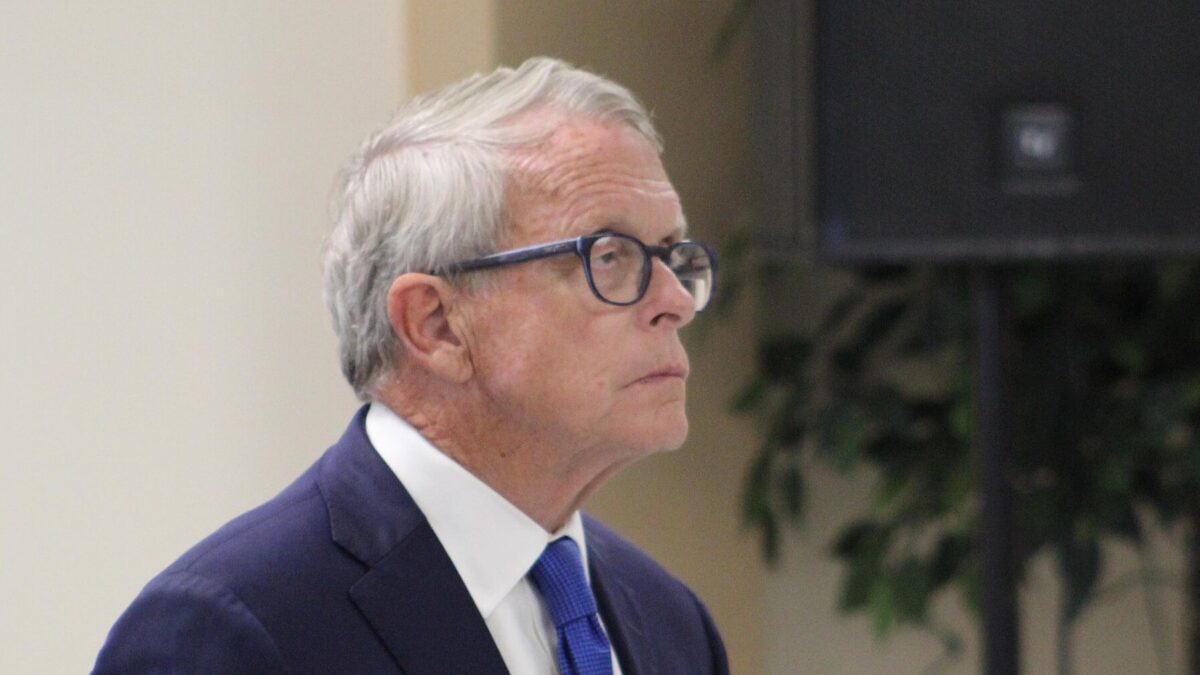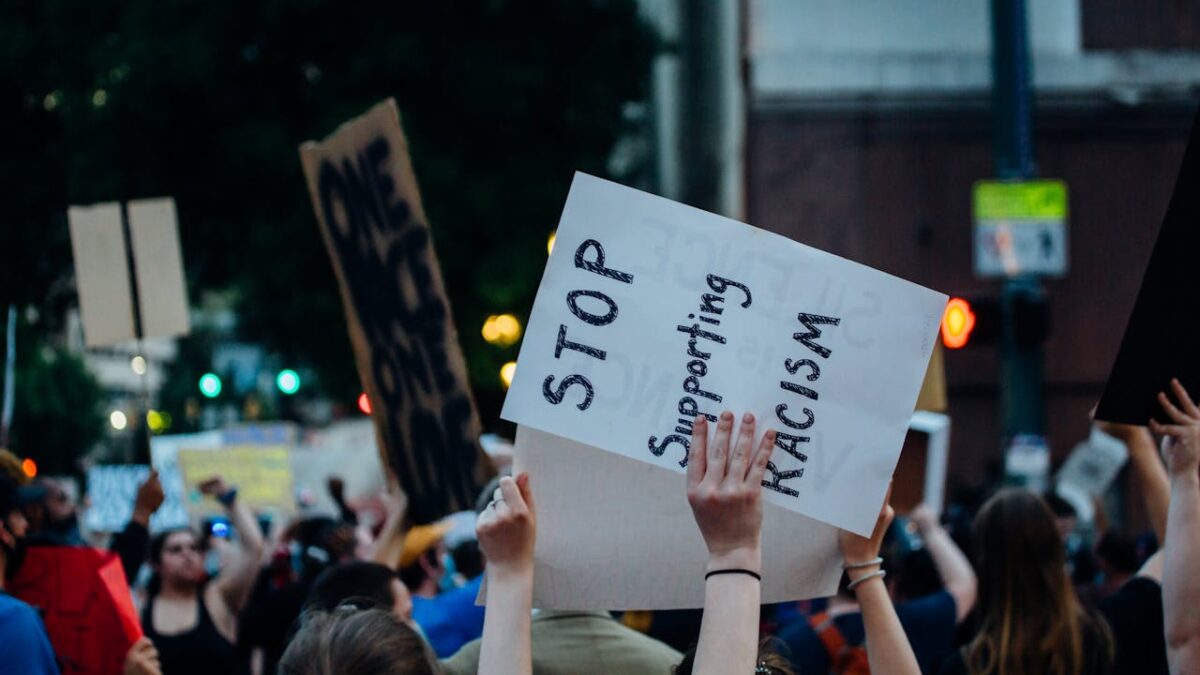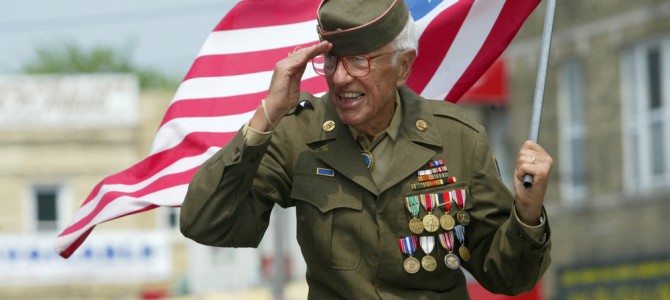
Americans have welcomed home the 2.5 million veterans of Iraq and Afghanistan, like me, with far greater warmth and gratitude than they did our predecessors from Vietnam. I welcome the expressions of national gratitude, but I fear it has already become pro forma: politically correct words we speak to pay lip service to the latest entitlement group.
If you truly want to honor veterans and their sacrifices, there are more concrete things to do, including improving veterans’ health care, learning lessons from the wars we fought—and, most importantly, resolving to finish and win the wars we choose to fight. We still have a choice today in Afghanistan.
Veterans have enjoyed a windfall of popularity in the past 14 years. We are constantly thanked and praised at airports, churches, and schools. Our reunions with loved ones are stage-managed and televised at ballgames and on talk shows. We get priority seating on airplanes. We get reduced prices for movie tickets and Disneyland. The government helps us pay for college and take out a home loan. There are two national holidays just to celebrate us (twice as many as Jesus gets). Thanking veterans has become a national obsession.
We’re Not Precious Moments Figurines
Please stop. The saccharine thanks yous sometimes sound uncomfortably similar to how family members speak to an aged and senile grandmother nearing death: with over-eager, exaggerated honor for fear of bruising the memory of her last moments. Despite what you may have heard about post-traumatic stress disorder, veterans’ psyches are not so fragile that they will fracture without your constant affirmation. If you forget to say thank you, we’ll live.
At other times, the sentiments sound like hero-worship. Mind you, I much prefer this to what I hear Vietnam veterans endured. But such expressions betray an inaccurate understanding of what most soldiers, sailors, airmen, and Marines do. The military is mostly a uniformed bureaucracy. Most military work is banal and unadventurous—only occasionally punctuated by moments of horror and random violence.
The most heroic thing a veteran ever does is raise his or her right had and take the oath of allegiance to the United States. The rest is just part of the job. We give our kids an unhelpful stereotype of the warrior-hero when we talk about military work as if it were a super-human feat of courage and physical prowess. Soldiering is nothing like what Captain America does on the silver screen.
Here’s How You Can Show Genuine Gratitude
Instead of profuse expressions of gratitude, Americans should show honor for veterans in three ways. First, fix the veterans’ health-care system. In his Second Inaugural, Lincoln called on the nation to “to bind up the nation’s wounds, to care for him who shall have borne the battle and for his widow and his orphan.” Fixing long waits and substandard service at the Veterans Health Administration is a very practical way to honor vets.
Second, learn lessons from the wars we fought. The wars in Iraq and Afghanistan were difficult conflicts for which we were inadequately prepared. The wars dragged far longer and at higher cost as a consequence. Now the military is making the same mistake it made in the aftermath of Vietnam: forgetting its lessons as quickly as possible, and preparing never to fight unconventional wars again. Unfortunately, we do not get to choose what kind of wars we may have to fight in the future. For the sake of future veterans who may have to stabilize a broken Syria, Ukraine, or North Korea, we should do everything possible to retain the hard-won experience from Iraq and Afghanistan.
Finally, the most important way the nation can honor its veterans is to see its wars through to victory. Veterans put it all on the line for the sake of their mission. It is profoundly disheartening to come home to a nation disinterested in what we fought for, more scandalized by the death of a Zimbabwean lion than the possibility of the United States’ dishonor and defeat abroad.
Losing Wars Dishonors the Military
I served in Afghanistan in 2002. President Obama has pledged to complete the withdrawal of U.S. troops from that country by the end of 2016. Interestingly, he does not claim that al-Qaida or the Taliban have been defeated or the Afghan government is ready to stand on its own—because no one would believe him. The war has not been won. He simply announced his intention to “end” the war there, and Americans have not raised a cry of protest because, evidently, they have not noticed or do not care.
You should care. Iraq could hardly be a clearer cautionary tale. If we withdraw from Afghanistan now, al-Qaida, the Taliban, or their ideological allies will come back, just as the Islamic State arose in the power vacuum we left in Iraq.
This is bad for U.S. national security. It is also deeply dishonorable. It is dishonorable to our Afghan allies, to those who fought beside us, and dishonorable to the American veterans who served and sacrificed there. The United States has achieved much in Afghanistan, and can create conditions for lasting stability if given the time.
Lincoln rightly called on the nation to be rededicated to its task, that the fallen “shall not have died in vain.” If you want to say thank you to a veteran, show some interest and concern for the mission he or she served for. If you want to honor veterans and give meaning to the sacrifice of those who served, call on the president to change his policy and sustain a U.S. troop presence in Afghanistan to preserve the hard-fought gains we achieved there at high cost. That’s the best thanks you can offer.


